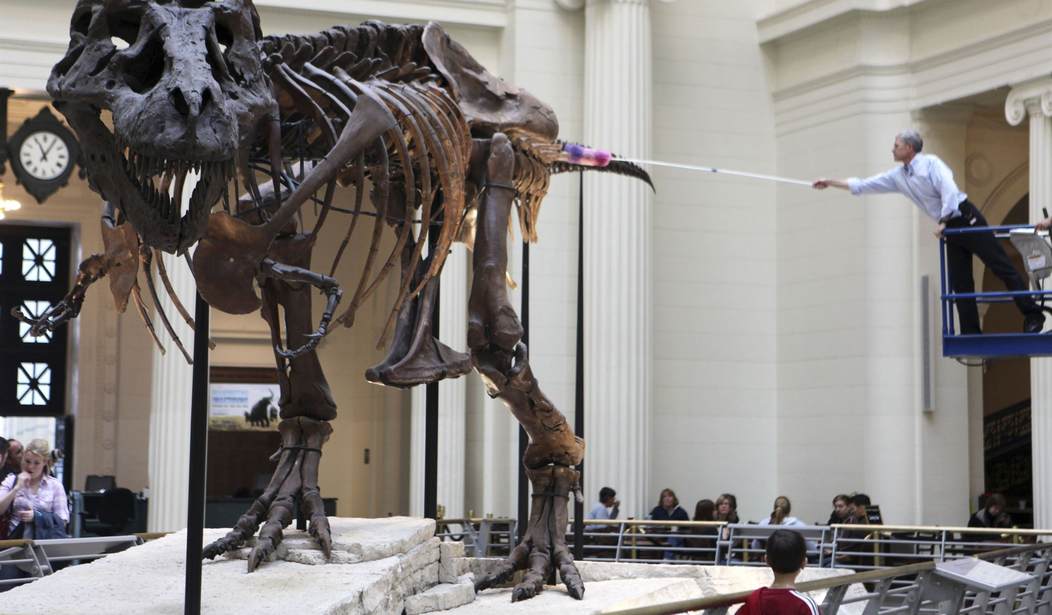The Japan Times points out the obvious: “The post-Cold War era is gone. A new arms race has arrived.” Economically, the good times are over and we are entering a new, uncertain era. “Global growth is slowing sharply, with worldwide economic output projected to be just 1.7% in 2023,” according to the World Bank. “Slowing growth affects 95% of advanced economies and nearly 70% of emerging markets and developing economies.” War has come to Europe. “On the morning of February 24, 2022, Russia launched a full-scale invasion of Ukraine, marking the biggest attack by one state against another since World War II. Thousands of soldiers and civilians have lost their lives in the last 12 months, and the war in Ukraine has upended Europe’s geopolitical order,” writes DW. There is no end in sight.
Not so long ago millions of tourists crisscrossed the world, thronged gigantic cruise ships, crowded into restaurants, and had a good time, unaware that in a few short months it would be a memory. Who will grieve for the lost world of 2019, that time before the pandemic, lockdown, economic crisis, war in Europe and 2nd Cold War? For some at least, that halcyon moment was hell because Donald Trump was in the White House. They promised to restore the even more golden world of 2016, when Obama’s 3rd term should have begun under a President Hillary Clinton. Now both eras are gone and no mourners are in evidence, for to grieve for 2016 – 2019 would be to ask who killed it. The coroners of history have yet to decide, but the unfortunate fact is that for most of this time, the legatee of the vanished golden age was Joseph Biden.
No one, at least in the media, wants to mention that fact because it looks bad on history’s record even if the jury’s still out. The desire to dissociate oneself from catastrophe is a natural one and makes one reluctant to speak of any mishap at all, as if by refusing to acknowledge an event we could lessen its factuality, or at least avoid responsibility for it, lest the words “Joe” and “disaster” intertwine forever.
“Success has many fathers, but failure is an orphan.” And like many orphans this period has still not been given a name. Unlike spans of time now known by individual labels, like the Crisis of the Late Middle Ages, or the Bronze Age Collapse, or the End of European Colonialism, these last four years have no consensus identifier. No one wants to characterize it yet. But clearly something has happened; something very dark. Friedrich Nietzsche understood that great events took time to be understood by the minds of men. His fictional madman, proclaiming the death of God, says, “I have come too early. My time is not yet. This tremendous event is still on its way … the light of the stars requires time; deeds, though done, still require time to be seen and heard. This deed is still more distant from them than most distant stars — and yet they have done it themselves.”
The name for this time is still on the way. The National Archives points out the World War Two only became World War Two in September of 1945, after an extensive study of the terminology used by the press and various public laws. “The President on 11 September 1945 approved the enclosed letter of 10 September 1945 signed jointly by the Secretaries of War and the navy recommending that the term ‘World War II’ be officially designated as the name for the present war covering all theaters and the entire period of hostilities. Further, it was recommended that the title ‘World War II’ be published in the Federal Register as the official name of the present war.” The Cold War was more quickly named.
[Bernard] Baruch used the phrase in a speech to the South Carolina House of Representatives, where his portrait was being unveiled. “Let us not be deceived;” Baruch said, “we are today in the midst of a Cold War. Our enemies are to be found abroad and at home. Let us never forget this: Our unrest is the heart of their success.”
In September 1947, Walter Lippmann, Baruch’s friend and one of the day’s most widely read journalists, used “Cold War” in his New York Herald Tribune column. The phrase caught on — to describe the bipolar diplomatic and military rivalry between the nuclear superpowers.
It takes a while to understand and accept what has happened to us, especially if we are in denial. The incumbent leaders, had they met with triumph, would have never let anyone forget it. By now they would have invented any number of terms for their Golden Age, of which one, “Obama’s Third Term,” has already been mentioned. But since they did not succeed, they try instead to act as if it were bad form to associate their names with bad things that happened on their watch. But it is out of their hands now. Legacies are not shaped by political testaments or ghost-written autobiographies. They are dictated by events. Fortune takes a hand, as it did 65 million years ago when an asteroid hit the earth. “I would rather be lucky than good,” Napoleon supposedly said, adding: “ability is of little value without opportunity.” That unfortunately includes the opportunity to screw things up. Anyone can cause a small disaster, but fortune alone grants individuals the chance to partake in a truly epic catastrophe. Not everyone gets to be the captain of the Titanic. Fame and its opposite have one thing in common: long after their bodies are buried in peace; their name liveth for evermore.










